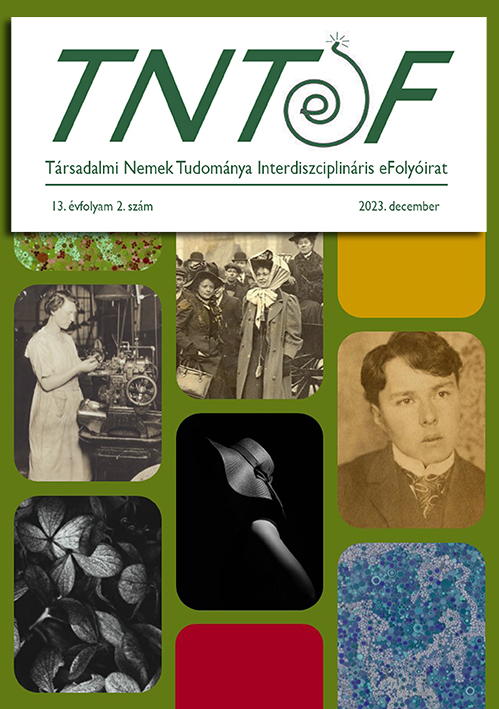The Mycorrhizal Network of Female Memory Work in Suzanne Simard’s Memoir Finding the Mother Tree. Discovering How the Forest Is Wired for Intelligence and Healing
Main Article Content
Abstract
After the introduction of the author, along with her distinct area of research on the significance of mycorrhizal networks in forests, I read her book as a female story of development (or female Bildung) that evolves from the rhetorical space of the memoir, at the intersection of a variety of discourses. I discuss her emergence from a modest but inspiring British Columbian family background of foresters to become an internationally acclaimed professor of forestry: I highlight the specificities of her homodiegetic life writing as a process of corrections and renegotiations triggered by life-changing events. I also elaborate on Simard’s application of the language at her disposal, whereby she seeks to address her readers about the significance of mycorrhizal networks, while situating herself on the contact zone between the human and the non-human world. Finally, I explore the implications of the seemingly essentialist anthropocentric metaphor of the mother tree in the context of posthumanist and ecofeminist scholarship.

